North Carolina Panel Approves Bailout for Indebted Sewer System
Cliffside Sanitary District, which serves around 75 customers, is under state control because of financial hardship.

The expense of operating a sewer system is causing financial distress for small communities in North Carolina. Photo courtesy of Greg Reese/Pixabay
By Brett Walton, Circle of Blue
In response to financial hardships that are plaguing some of its smallest communities, the North Carolina Water Infrastructure Authority, at a February 12 meeting, approved a $150,000 grant for Cliffside Sanitary District, a tiny sewer provider in Rutherford County, in the state’s Appalachian foothills.
The grant is meant to cover operational expenses such as sewer system repairs and electric bills that Cliffside does not have enough revenue this year to repay.
With a shrinking customer base, dwindling revenues, and decrepit pipes, Cliffside is in a precarious financial position. County officials estimate that the sewer system needs major improvements, about $10 million in upgrades and repairs, according to The News & Observer. Cliffside’s roughly 75 customers cannot foot that bill on their own.
Regulators with the state Local Government Commission intervened last September, taking control of Cliffside’s finances. The sewer district was one of two local governing bodies that the commission took over in 2019 due to an indebted sewer system. The other was Eureka, a town of fewer than 200 people.
A bill signed by Gov. Roy Cooper last year allows the Water Infrastructure Authority to allocate emergency funding to pay the operating deficits for utilities that the state has taken over.
Cliffside and Eureka could be the tip of the iceberg. The Local Government Commission published a “watch list” of 100 towns that are financially distressed. Roughly two-thirds of the towns were placed on the list because of their sewer systems.
Demographic trends are not favorable, as many of these towns have been losing population and industry for years. Infrastructure and climate patterns are also a hurdle. Cracked sewer pipes take on a large amount of water during heavy rains. Towns have to pay to treat this water, but they get no revenue for it from customers, who pay only for what comes out of their faucets. Adding to the problem, North Carolina is expected to see more downpours as the climate warms.
North Carolina officials are exploring options that would prevent the need for future bailouts of other small, financially struggling utilities. These utilities might share staff and administrative resources to cut down the cost of billing. In some cases, they might shut down and join forces with a larger neighbor or a regional partnership.
To that end, the Infrastructure Authority also approved $50,000 grants for 10 utilities to study the feasibility of mergers and regional partnerships.
Brett writes about agriculture, energy, infrastructure, and the politics and economics of water in the United States. He also writes the Federal Water Tap, Circle of Blue’s weekly digest of U.S. government water news. He is the winner of two Society of Environmental Journalists reporting awards, one of the top honors in American environmental journalism: first place for explanatory reporting for a series on septic system pollution in the United States(2016) and third place for beat reporting in a small market (2014). He received the Sierra Club’s Distinguished Service Award in 2018. Brett lives in Seattle, where he hikes the mountains and bakes pies. Contact Brett Walton

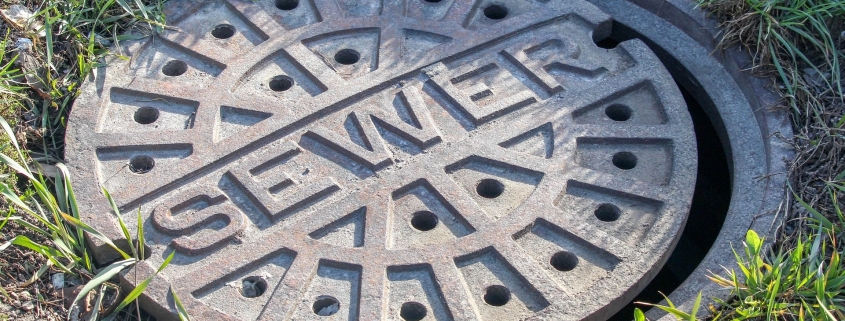


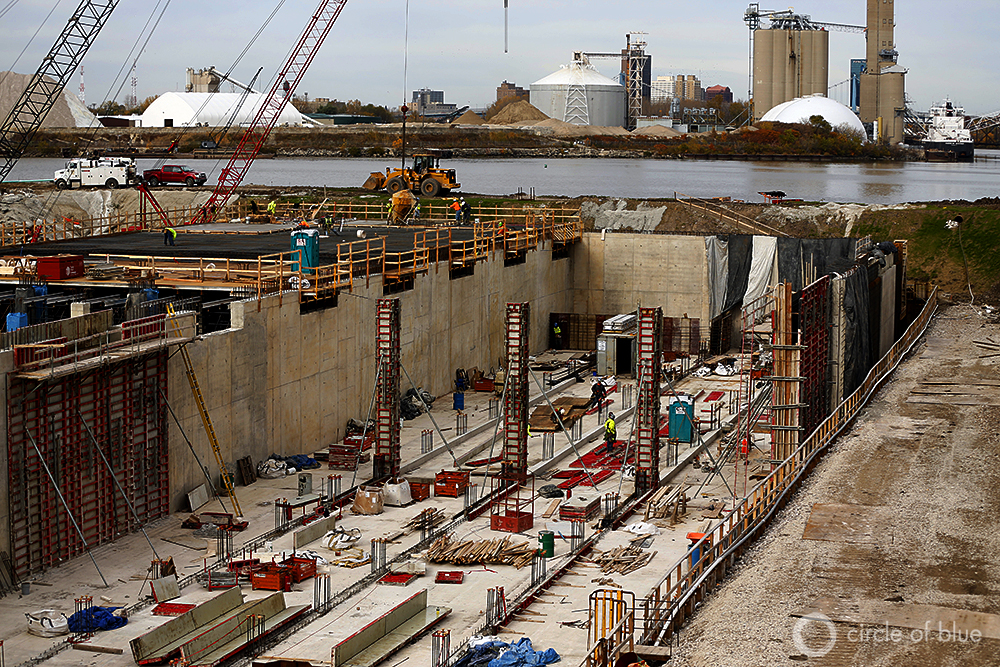

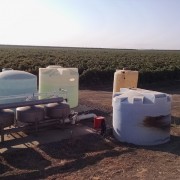
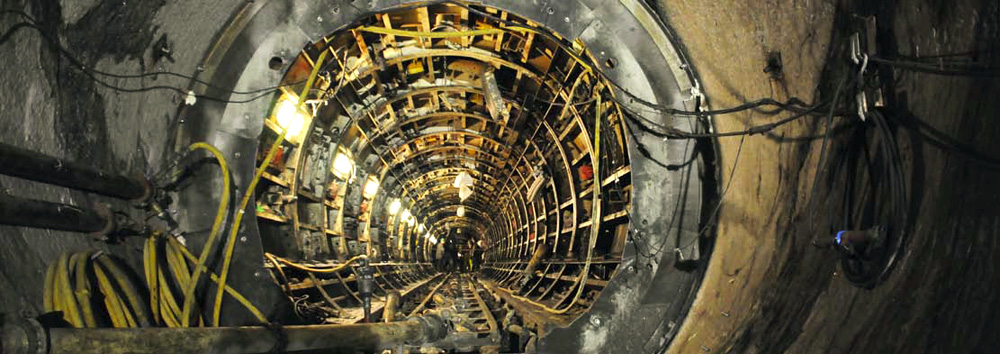
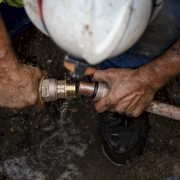


Leave a Reply
Want to join the discussion?Feel free to contribute!